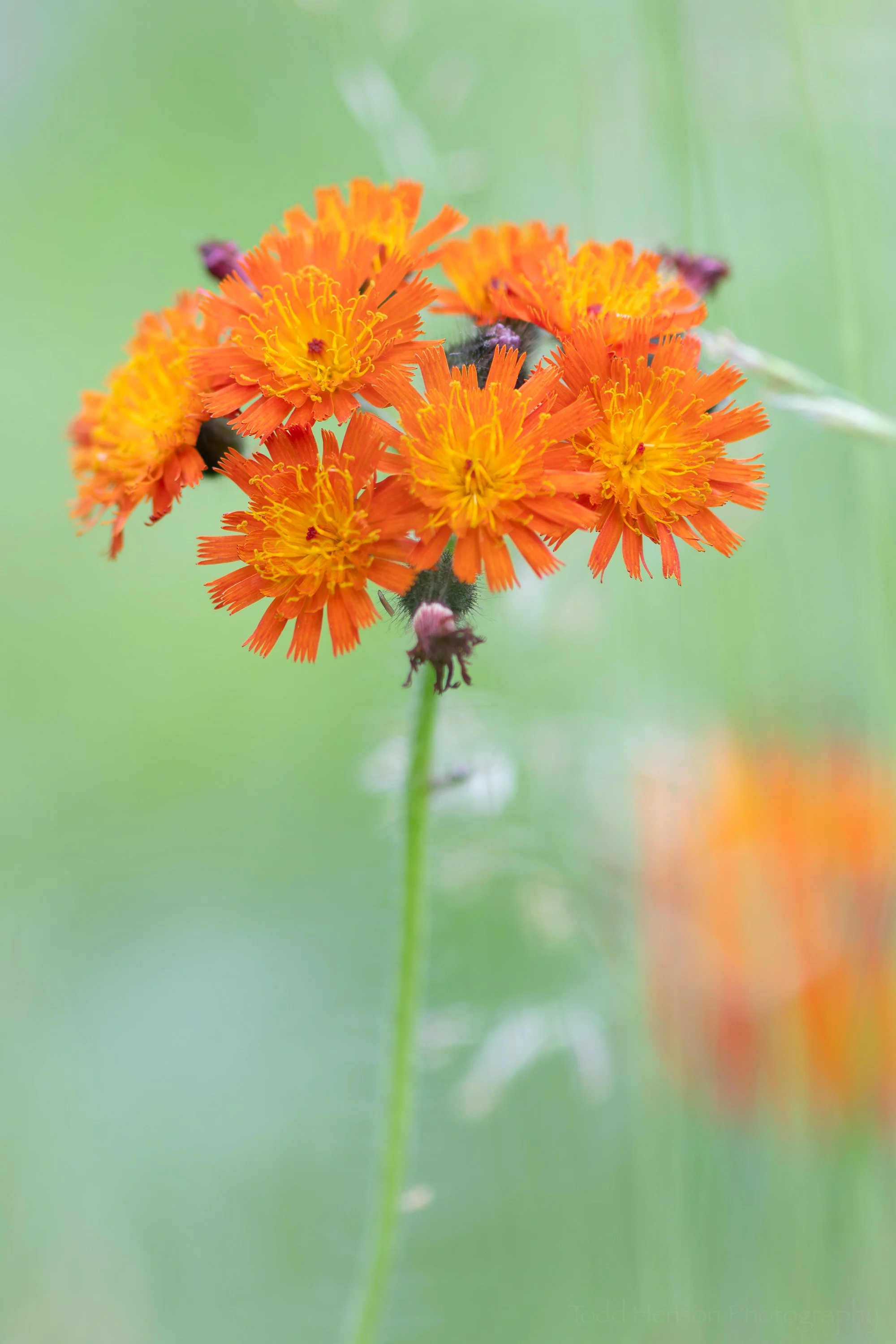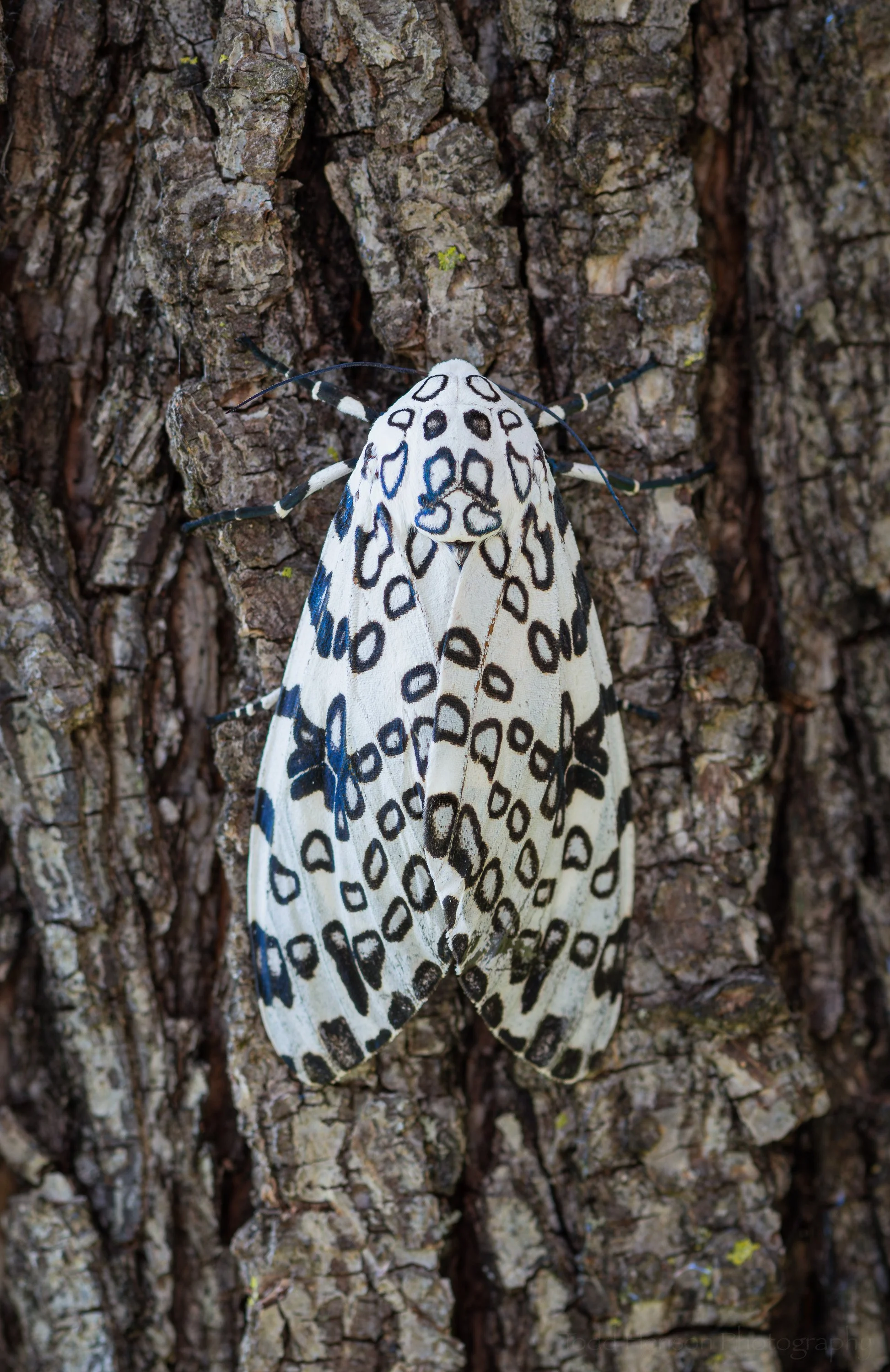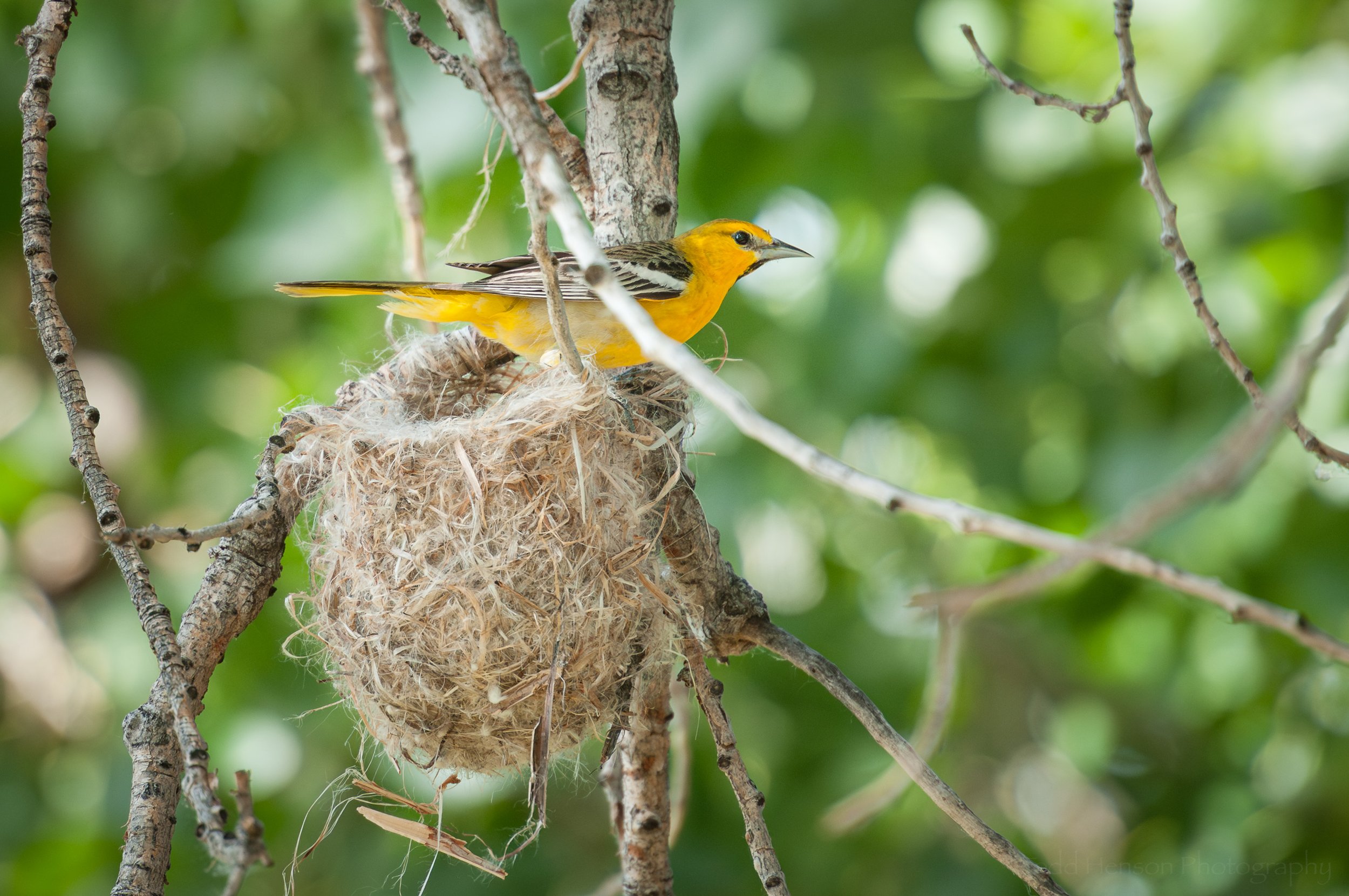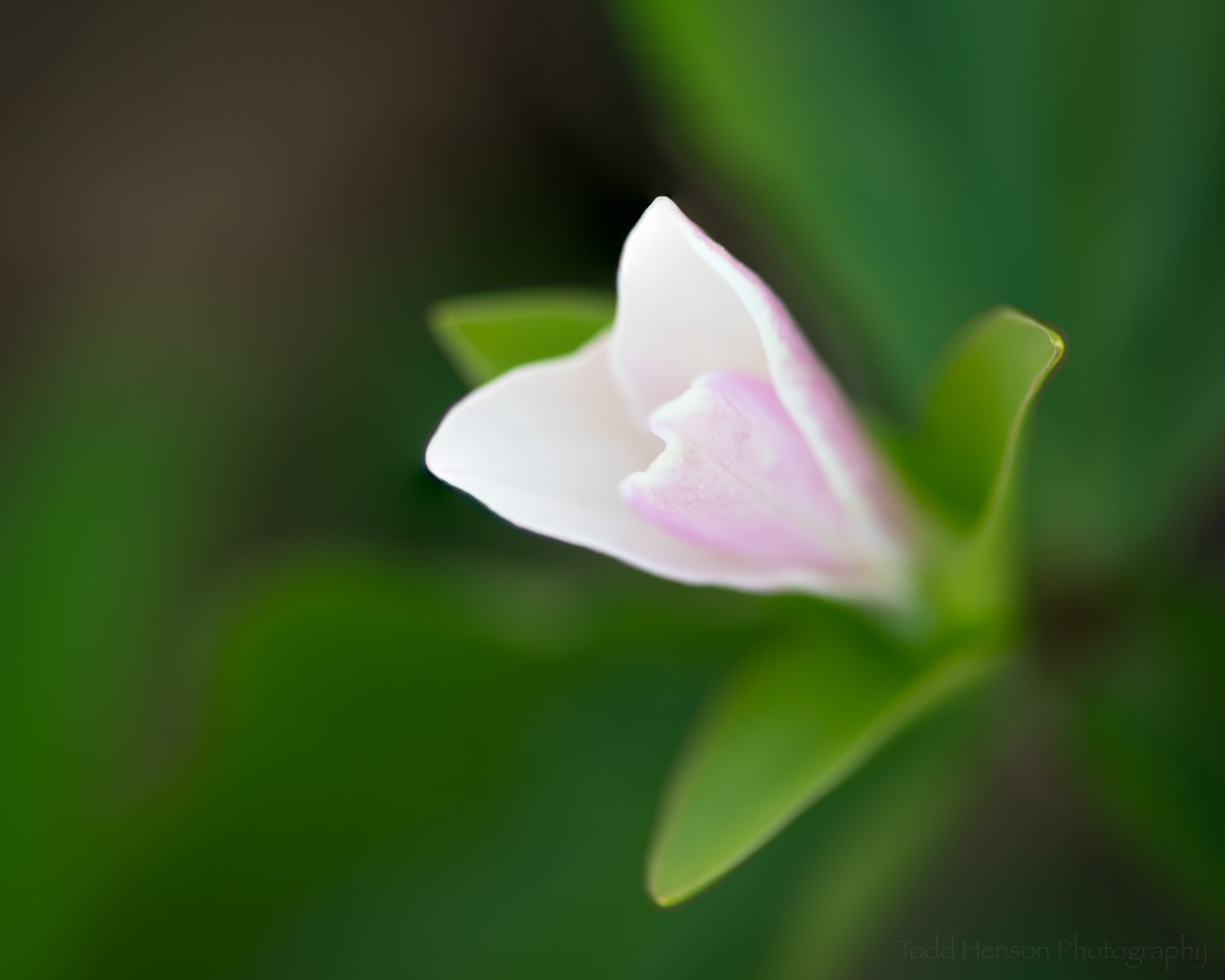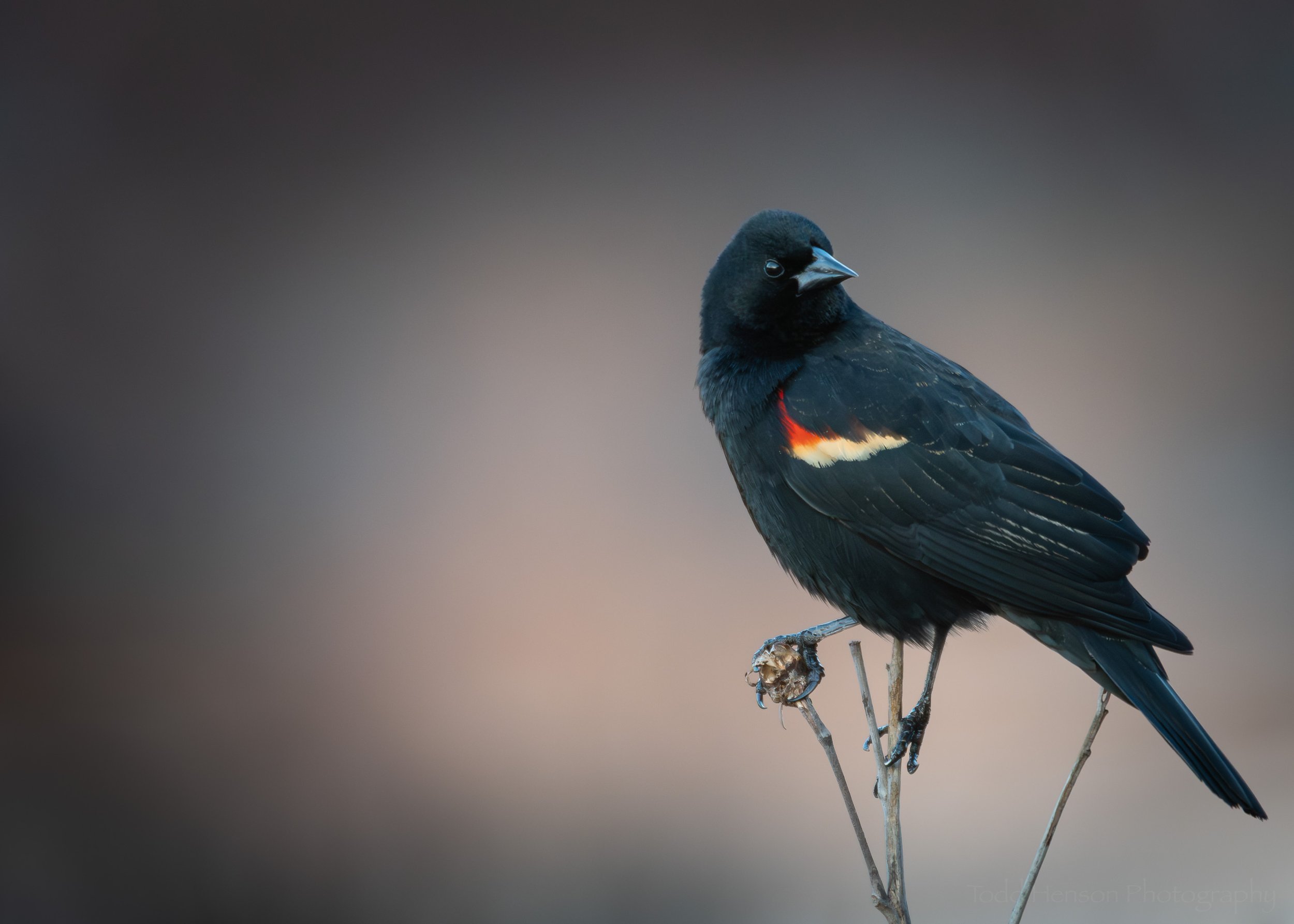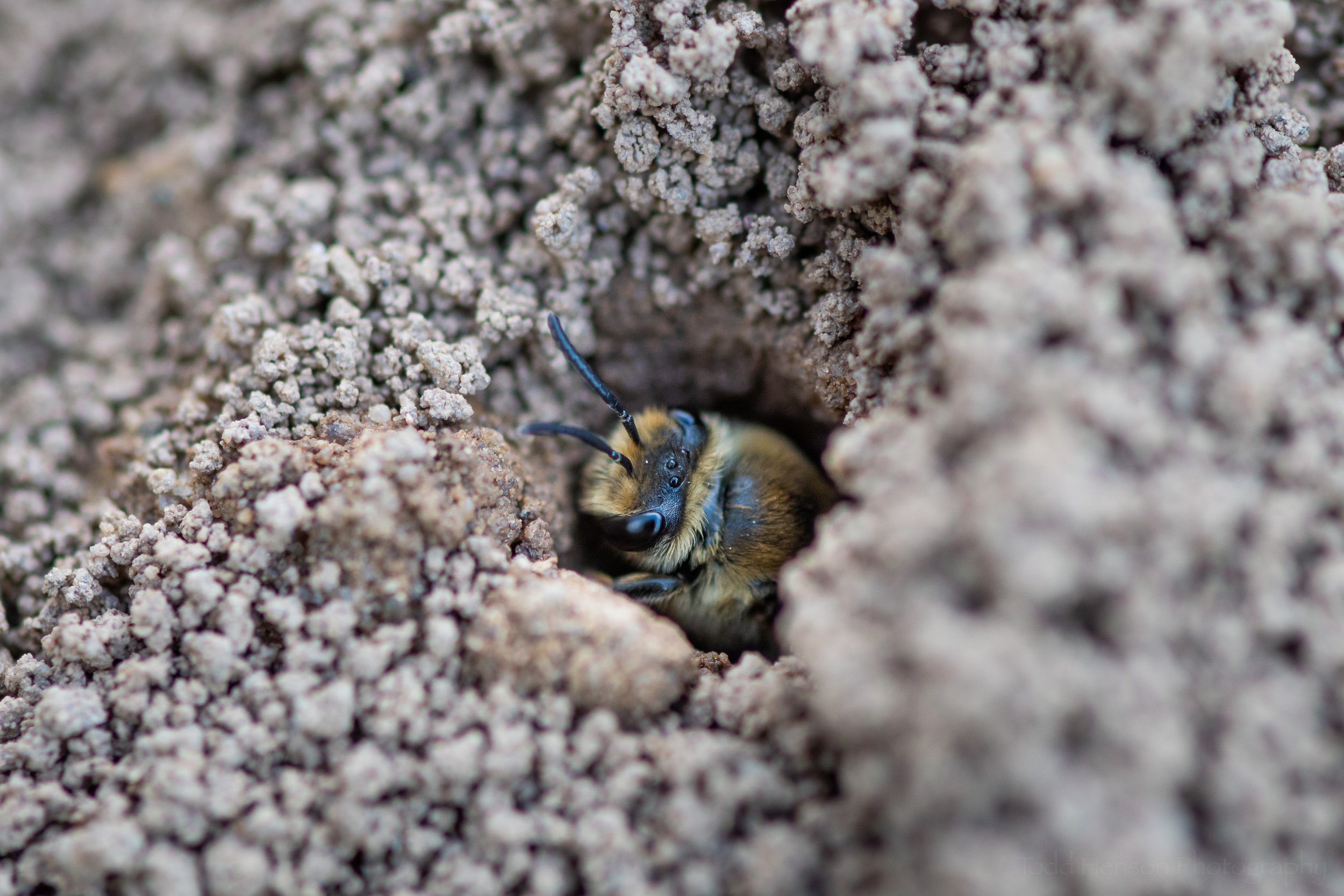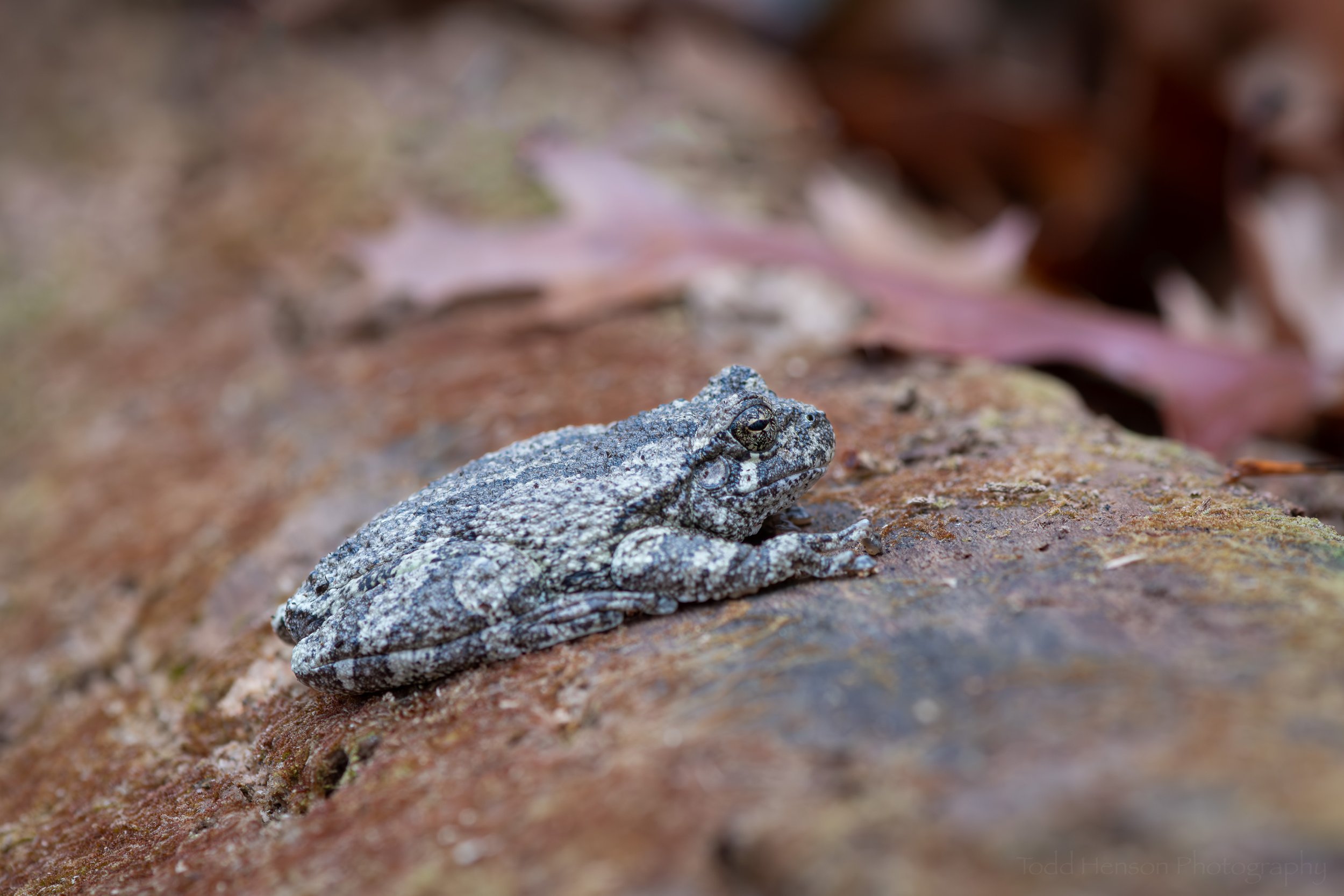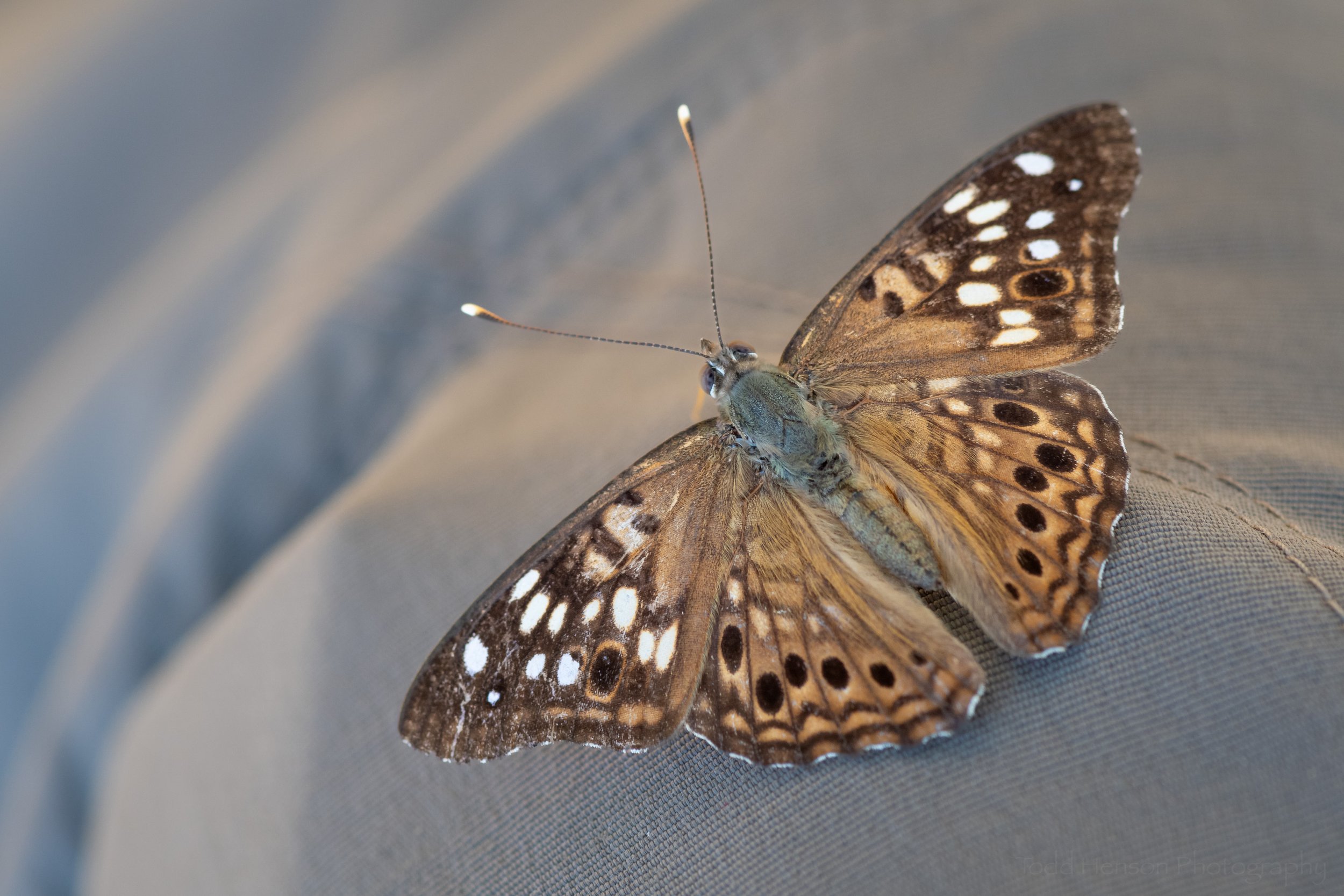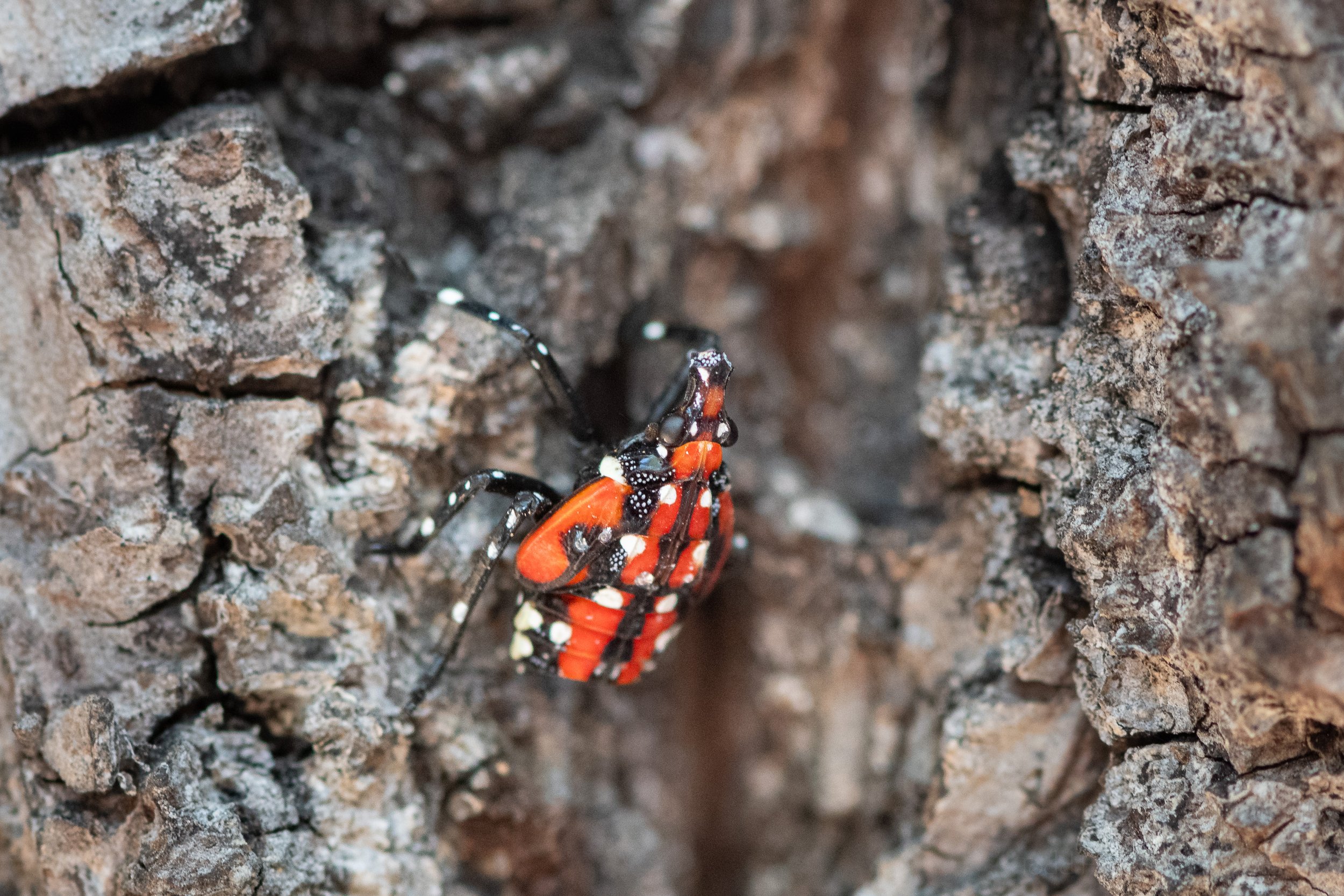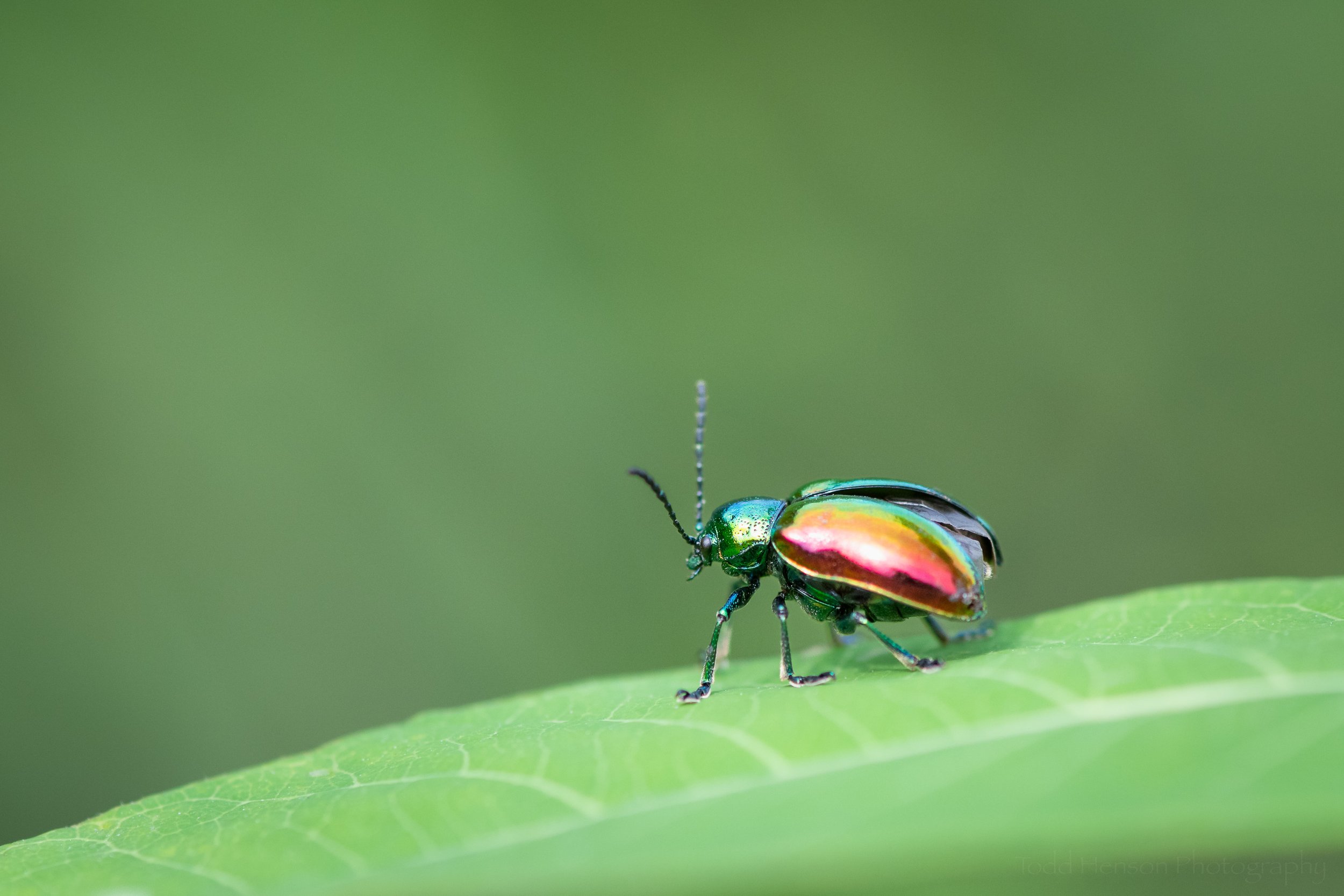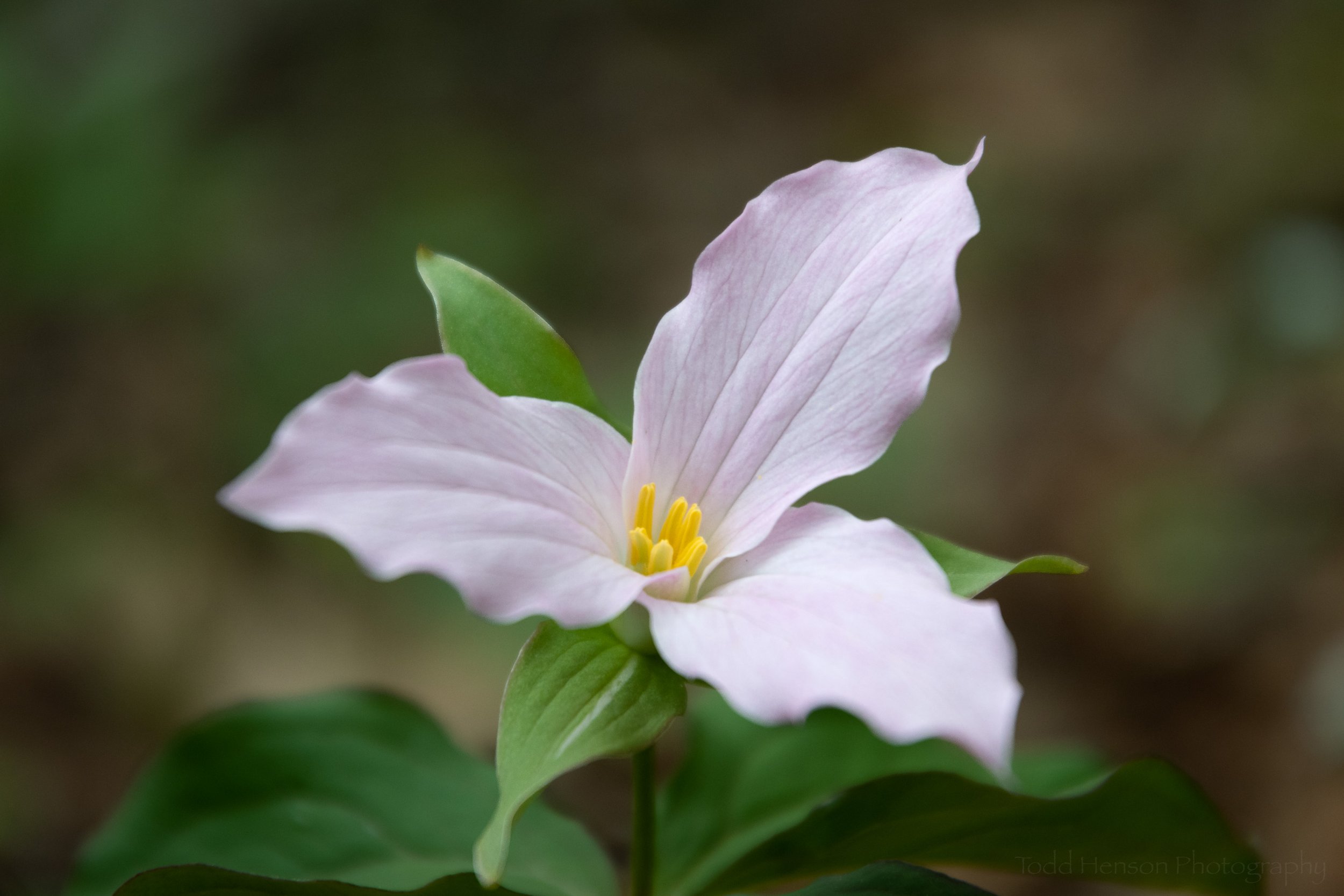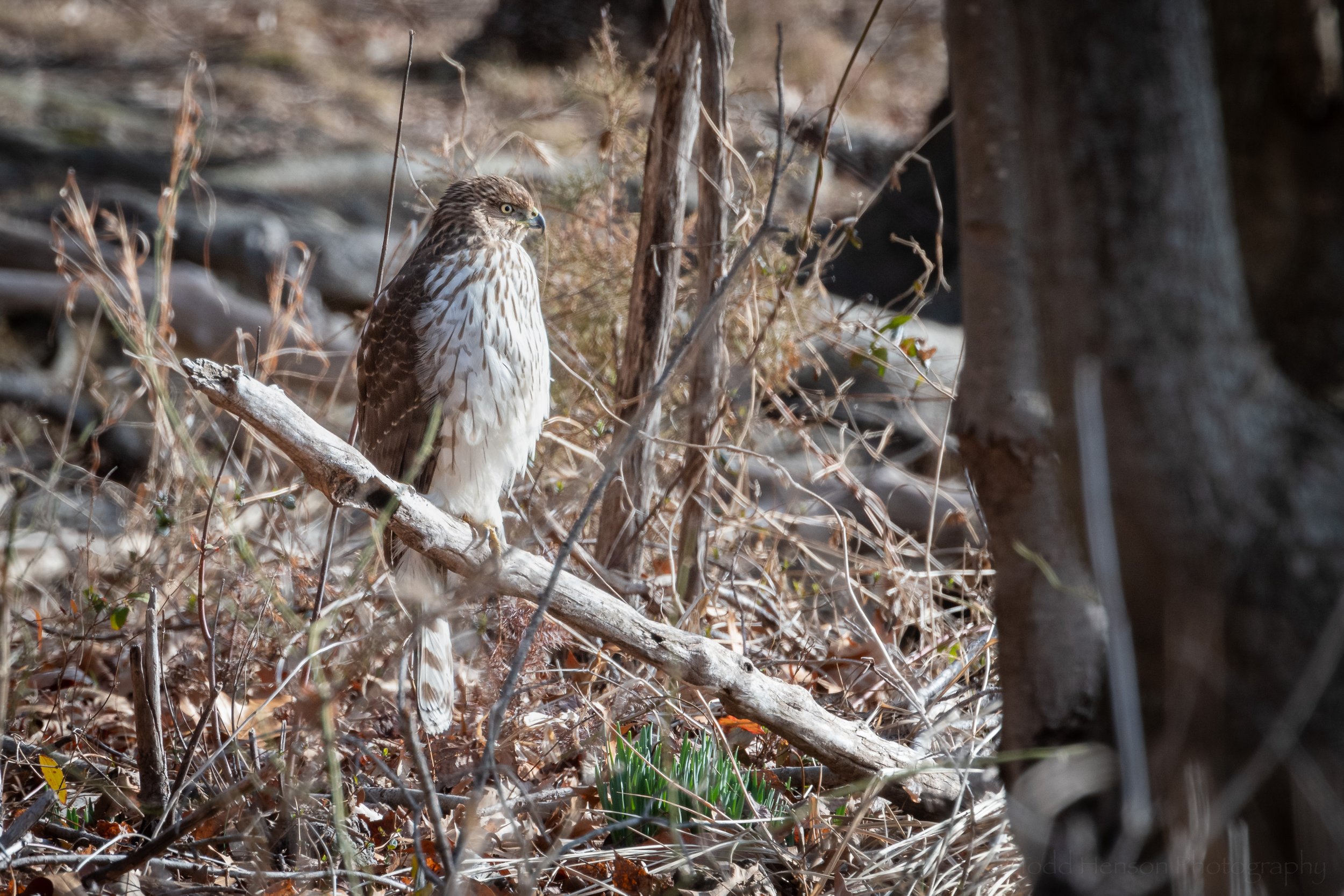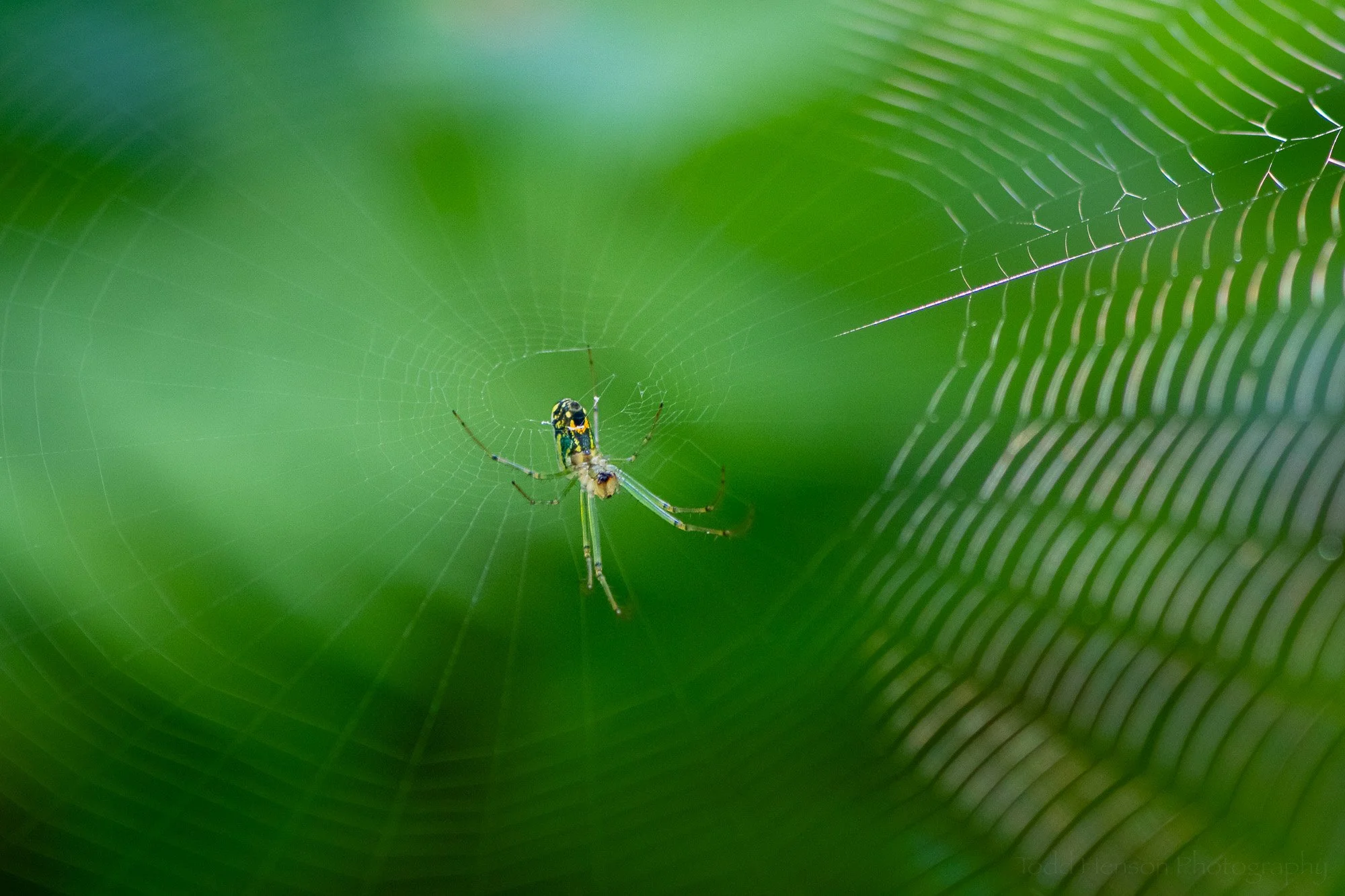A beautiful example of an adolescent Cooper’s hawk
Every once in a great long while I find myself in the right place at the right time to make some great observations of a bird or animal. In this case I spotted an adolescent Cooper’s hawk perched on a snag not too far away. My father was sitting on a bench looking out at the waters around Wide Water State Park. I stepped over to talk to him and noticed something out in the woods. It was a rounded spot of lighter color that stood out to me. I quickly realized it was a perched hawk.
Thankfully, this hawk didn’t appear at all disturbed by our presence so I was able to create a number of photographs of several behaviors. I do wish the area right around the hawk had been a little less cluttered and free of distracting branches but we sometimes have to work with what we’re given, and I’m very happy with what I was given.
Yawning
One of the first behaviors I observed was the simple act of yawning. Several times it opened its beak wide and stretched. In one image it raised its head, as if it were calling out for other hawks, and yet it was completely silent. In that photo you can also see the slightly cloudy nictitating membrane over its eye.
This adolescent Cooper’s hawk might just be tired
It may appear this young Cooper’s hawk is raising its head and calling, but it was actually completely silent, just yawning. Look closely (click on the photo) and you may notice the slightly cloudy nictitating membrane over its eye.
Flexibility
I know owls have great flexibility in their necks and can turn their head to look behind them, but I didn’t know other birds share this skill. The young Cooper’s hawk at one point turned its head almost completely 180 degrees to look behind it. I don’t know if it heard something and was looking or if it was simply stretching.
With a very flexible neck this young Cooper’s hawk turns its head and looks over its shoulder. Or was it just stretching?
Preening
It’s always fun to watch birds preen. In this case the adolescent Cooper’s hawk pulled out a small section of feathers and then picked one feather at a time and ran its beak along the complete length of the feather. I love how at the end it’s looking directly at me.
Pulling up a feather and running its beak along its length, this young Cooper’s hawk is preening.
The young Cooper’s hawk has run its beak almost the entire length of the feather while preening
I love how in this image the young Cooper’s hawk is looking right at me with a feather still in its beak.
Preparing for Flight
Eventually I left the hawk to its business and followed my father back up the trail to the visitors center. But then I had the idea of trying to come at the hawk from the other direction. It was right off a trail that went along the water. So I slowly and quietly approached the hawk, hoping to get some images from the other side while still respecting the hawk by staying at a distance it was comfortable with. Unfortunately, at one point my tripod snagged on some brush and I made too much noise. This disturbed the hawk. It stretched out its feathers, then began to turn around on the branch, giving a nice view of its thick yellow legs and talons. Then it took flight, heading up towards the visitors center.
The young Cooper’s hawk spreads out the feathers of its tail and wings
While raising its wings this young Cooper’s hawk gives us a better view of its thick yellow legs and sharp talons
Having turned around on the branch, this young Cooper’s hawk prepares for flight
When I returned to the visitors center I was very pleased to see the hawk fly right back down to where it had been. So while I did disturb it, which I don’t enjoy doing, I didn’t disturb it for long. Granted, it’s unlikely it remained down there for much longer as shortly afterwards I saw a person walking their dog along that trail.
Identification
I’m not currently very skilled at identifying hawks, especially in the field. But I created enough photographs that I was able to piece together the species at home. One of the first things I noticed was the length of its tail. This seemed to point to either a Cooper’s hawk or a sharp-shinned hawk, which are both in this area and have longer tails than many other hawks.
This hawk seemed to be a somewhat chunky bird which pointed more towards a Cooper’s which is larger than the sharp-shinned.
Another difference between the two is that Cooper’s tend to have more rounded tail feathers, whereas sharp-shinned are more angular. This can be difficult to tell, as it was in this case, but the end of the tail feathers did appear a little more rounded.
I did struggle, though, in accepting that it might be a Cooper’s hawk because the coloration didn’t match the majority of the photos I’d seen. But this is what actually led to the identification of it being an adolescent Cooper’s hawk, with that nice bright white chest with streaks of dark brown. As it grows older it will lose some of that bright white in the chest and its back feathers will turn a darker grey-blue.
Resources
The resources below contain affiliate links and I will be compensated if you make a purchase after clicking on my links. This is at no extra cost to you. Thanks for your support.
I used a number of resources to help with the ID. My go-to field guide is the Peterson Field Guide to Birds of North America, which uses paintings. I also like using the Kaufman Field Guide to Birds of North America, which uses photos. In this case, though, I found Peterson’s Hawks of North America to be extremely helpful. Being specific to hawks it included more pictures and descriptions and used both paintings and photographs. Finally, to double check my own ID I used the phone apps, Seek and Merlin Bird ID, feeding them photos of the bird. Both agreed with the ID of a Cooper’s hawk.
Do you enjoy these posts?
Sign up to receive periodic emails with updates and thoughts. Don’t worry, I won’t spam you. And please consider purchasing artwork or products from my online store, and using my affiliate links in the sidebar to the right when shopping online.
I appreciate your support!



